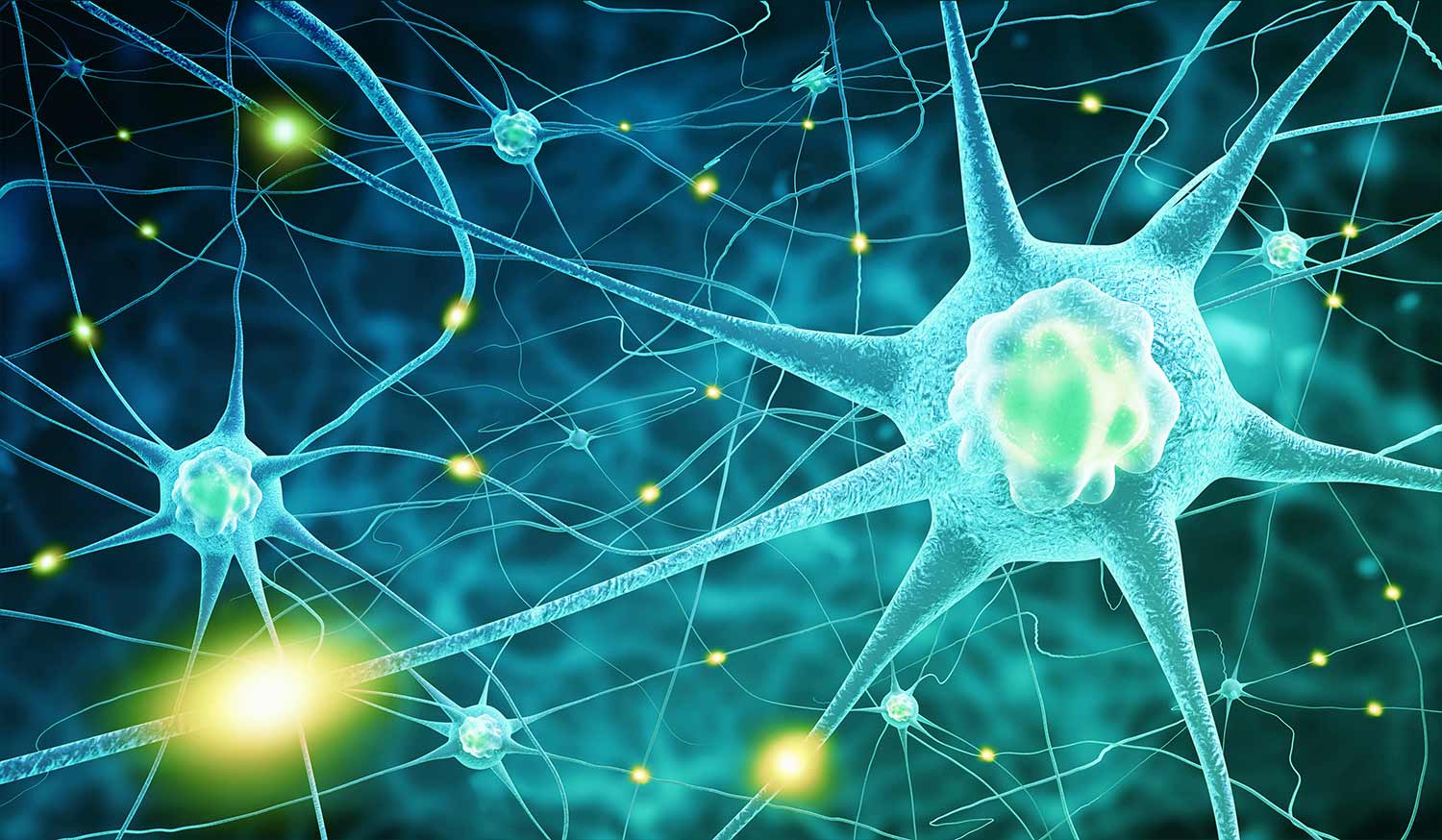San Diego Events Map Future of Brain Research and Remedies
Crowdfunding campaign launches to help build region as ‘neurotech’ hub
Published Date
By:
- Inga Kiderra
Share This:
Article Content

Istockphoto.com/cosmin4000
Two University of California, San Diego-sponsored events in September, over two consecutive Saturdays, highlight the importance of a comprehensive approach to brain research. First, on Sept. 12, is an education and advocacy forum for the public bringing together those affected by Alzheimer's disease, Parkinson's disease, brain injury, stroke, epilepsy, autism, mental illness or depression. Then on Sept. 19 a research symposium will connect local “neurotechnology” innovators to one another and to the region’s business community.
“Brain research has immense value,” said UC San Diego Chancellor Pradeep K. Khosla. “It is of vital importance to humanity as a whole. It is also a critical component of San Diego’s innovation economy and our university’s mission of research, service and education.”
The events are co-sponsored by the Center for Brain Activity Mapping (CBAM) of the Kavli Institute for Brain and Mind at UC San Diego, Cal-BRAIN and the San Diego Brain Consortium.
CBAM is the UC San Diego center launched in 2013 in response to the federal BRAIN Initiative announced that year by President Barack Obama; it has played a leadership in role in both Cal-BRAIN and the public-private San Diego Brain Consortium. Signed into law in 2014, Cal-BRAIN is a California complement to the national research program. The San Diego Brain Consortium was organized this summer by Ralph Greenspan, director of CBAM and co-director of Cal-BRAIN (as well as co-author of the original white paper that led to the national BRAIN).
The San Diego Brain Consortium has received a challenge grant of $200,000 from the Legler Benbough Foundation for its first-year activities. A UC San Diego crowdfunding campaign to help raise the matching funds will launch on Sept. 12. The new consortium seeks to position San Diego as a hub for the emerging sector in neurotech, Greenspan said, by leveraging both the federal and state efforts that are seeking to develop new brain mapping and treatment technologies.
Event Details
On Sept. 12, from 9 a.m. to 1:30 p.m., “Our Precious Brains: Mapping the Path for a Remedy When Things Go Wrong” will feature scientists and clinicians working on diverse aspects of brain research, as well as survivors of various brain disorders. Among the speakers: neuroscientist Richard Horn of Thomas Jefferson University, who says he is thriving with Parkinson’s by performing magic.
“The community of people affected by brain injury and disease is immense,” said Dani Grady, director of community relations and outreach at UC San Diego’s Kavli Institute for Brain and Mind. “A deep understanding of the brain, will bring much need advances in treatment for everyone. Now is the time for our voices to be heard.”
On Sept. 19, from 9 a.m. to 4 p.m., a research symposium will feature regional scientists discussing new developments in wireless devices, nanotechnology, optogenetics, imaging and genetic tools. Also featured as a special guest: Inventor, entrepreneur and futurist Martin Cooper, sometimes called “the father of the cell phone.”
“We want the region’s scientists to learn about each other’s work with the specific goal of building future collaborations and leveraging resources,” Greenspan said. “And we will highlight technologies for business partners who might be interested in developing them.”
Both events will be held in the Duane Roth Auditorium at the Sanford Consortium for Regenerative Medicine, located at 2880 Torrey Pines Scenic Drive, (next to the UC San Diego campus). The public is invited; admission, lunch and parking are free.
For more information and to register: Center for Brain Activity Mapping of the Kavli Institute for Brain and Mind at UC San Diego.
Share This:
You May Also Like
Stay in the Know
Keep up with all the latest from UC San Diego. Subscribe to the newsletter today.



